Carolina Hurricanes owner Tom Dundon has reportedly reached a tentative agreement to buy the Portland Trail Blazers for $4B+—with plans to keep the team in Portland. Here’s the latest, the timeline to NBA approval, how Dundon’s small-market track record could shape the Blazers, and what fans should watch next.
Background Context
- Multiple outlets report that Tom Dundon has a tentative agreement to buy the Trail Blazers from the Paul G. Allen estate at a valuation exceeding $4 billion; finalization requires NBA Board of Governors approval.
- Plan: keep the Blazers in Portland, though an arena upgrade or replacement conversation is expected to heat up.
- Dundon’s small-market blueprint in Raleigh includes a 20-year arena lease and $300M+ renovations/mixed-use development—a model that could inform Portland’s next chapter.
What’s being reported—and by whom
The day’s biggest NBA business headline: Tom Dundon, billionaire investor and owner of the NHL’s Carolina Hurricanes, has reached a tentative deal to acquire the Portland Trail Blazers from the estate of Paul G. Allen. Early reporting pegs the valuation at north of $4 billion, aligning with recent league-wide franchise valuations. The purchase still requires NBA approval, which is standard for any ownership transfer.
Local and national outlets add color: the group is expected to keep the team in Portland, while the Moda Center’s long-term future (major renovation vs. new arena) will be a live discussion. Several reports name Marc Zahr (Blue Owl Capital) and Sheel Tyle (Collective Global) as part of Dundon’s investor cohort—signals of institutional capital plus Portland-rooted leadership.
Why Tom Dundon—and why now?
Dundon is a problem-solver by reputation. He bought the Hurricanes in 2018 and went hands-on: upgraded the product, leaned into fan experience, and backed a long-term lease and arena district plan that locked the team into Raleigh through 2044. The Canes have made the playoffs six straight seasons under his watch, with sellouts common. That’s small-market stewardship NBA fans in Portland will find immediately relevant.
The Allen estate signaled in spring that a sale process was underway; an agreement in late summer dovetails with the NBA calendar and the league’s ongoing franchise valuation surge. Multiple business outlets note the board-approval step and the expectation that closing could stretch into the season, depending on diligence, financing mechanics, and league review.
What staying in Portland likely means
All signs point to no relocation. Reports are explicit that Dundon’s group intends to keep the Blazers in Portland, echoing his NHL playbook of stability + investment. Still, expect arena economics to take center stage quickly:
- Lease & facility horizon: Moda Center’s lease reportedly runs through 2030, and the building is among the NBA’s older venues. A comprehensive renovation vs. new-build decision will shape the next 20 years of Blazers basketball and concerts.
- District development: Dundon executed a mixed-use vision around the Hurricanes’ arena (now Lenovo Center/PNC Arena) with public-private funding and rights to develop surrounding acreage. Portland has recent wins with the Rose Quarter and broader urban projects—expect those conversations to ramp up with a new owner who has done this before.
The business case: why the number starts with a “4”
At $4B+, the Blazers would slot into the upper half of NBA valuations, consistent with recent sales and private-market marks. The team boasts:
- A decades-deep, region-wide fan base
- A media market that punches above its raw population (regional monopolies matter)
- Scarcity premium: very few NBA teams trade hands, and West Coast franchises command a markup
Early coverage from outlets like ESPN, Sports Business Journal, and Sportico underlines the consensus: this is a premium asset at a premium price, subject to NBA approval.
How Dundon’s Hurricanes tenure previews his Blazers approach
Lock in the venue and the vibe
Raleigh’s model: a 20-year lease, $300M+ in renovations, and a plan to turn the arena footprint into a year-round entertainment district. That mix of stability and placemaking turned “game nights” into “destination nights.” Portland can expect a similar push: better ingress/egress, hospitality, and in-arena tech that makes every seat feel premium.
Fan-first, impatient for results
Dundon’s day-one Hurricanes quote—“I’m not going to be patient”—telegraphed urgency. He’s known for cutting friction points in the fan experience and investing aggressively in winning. Translated to the NBA: expect resources for performance, sports science, scouting, and player development, coupled with front-office accountability.
Build community capital
The Hurricanes doubled down on community presence—from Stadium Series flashpoints to local partnerships—which, in turn, supercharged attendance and sponsorship. Portland already has elite basketball culture; a refreshed ownership voice can amplify that into retail, arts, and tech links across the city’s creative economy.
What could change for the Trail Blazers—in practical terms
- Arena decision tree: An RFP-style process weighing a top-to-bottom renovation versus a new-build near transit and urban amenities. Expect feasibility studies, financing options (team capital + public mechanisms), and heavy civic input.
- Basketball operations runway: Ownership transitions often lead to leadership audits. While immediate overhauls aren’t guaranteed, watch for organizational realignment to Dundon’s preferred high-feedback, data-driven style. (That’s an inference based on his hockey track record and prior reporting on his management approach.)
- Sponsorship & media innovation: Portland’s brand power is real. A fresh owner could explore new media partnerships, dynamic ticketing, and district-level sponsorships that bundle arena real estate with team IP—again, a page from Raleigh.
Why this matters to Rip City—beyond the headline
The Blazers’ identity is woven into Portland’s story. A credible commitment to keep the team local while modernizing its physical home can be a civic multiplier: jobs, tourism, more national events, and a platform for community initiatives. Reports from OPB and NBC Sports emphasize the staying-in-Portland piece; KGW and SBJ add that it’s early days, with NBA approval and deal terms still to come.
Key timeline & what to watch next
- NBA vetting & Board of Governors vote – Background checks, financing review, and a formal vote. This can take weeks to months.
- Ownership group reveal – Expect formal disclosure of investor percentages and operating roles. Early names include Marc Zahr and Sheel Tyle.
- Arena/lease signals – Look for initial joint statements with the city and the Moda Center stakeholders charting renovation vs. replacement.
View this post on Instagram
Backgrounder: Who is Tom Dundon?
A Dallas-based investor (Dundon Capital Partners), Dundon made his fortune in financial services and has since invested across sports/entertainment (including Topgolf and professional pickleball). He became sole owner of the Hurricanes in 2021, after first acquiring a majority stake in 2018. He favors direct lines of authority and measurable performance outcomes—traits that often speed up decision-making in pro sports environments.
His arena-district push in Raleigh—supported by a 20-year lease extension and public-private funding—is a practical case study in how he might pursue venue solutions in Portland: secure the franchise footprint, knit it to mixed-use development, and upgrade the fan experience along the way.
FAQ (based on today’s reports)
Is the sale done?
Not yet. It’s an agreement in principle/tentative agreement pending NBA approval and final terms.
Will the Blazers move?
All reporting today says no—the team stays in Portland.
Who else is in Dundon’s group?
Reports highlight Marc Zahr (Blue Owl Capital) and Sheel Tyle (Collective Global) among the investors.
What about the Seahawks?
Coverage notes the Blazers sale was expected to precede any movement around the Seattle Seahawks, another asset in the Allen estate. That’s separate from this transaction.

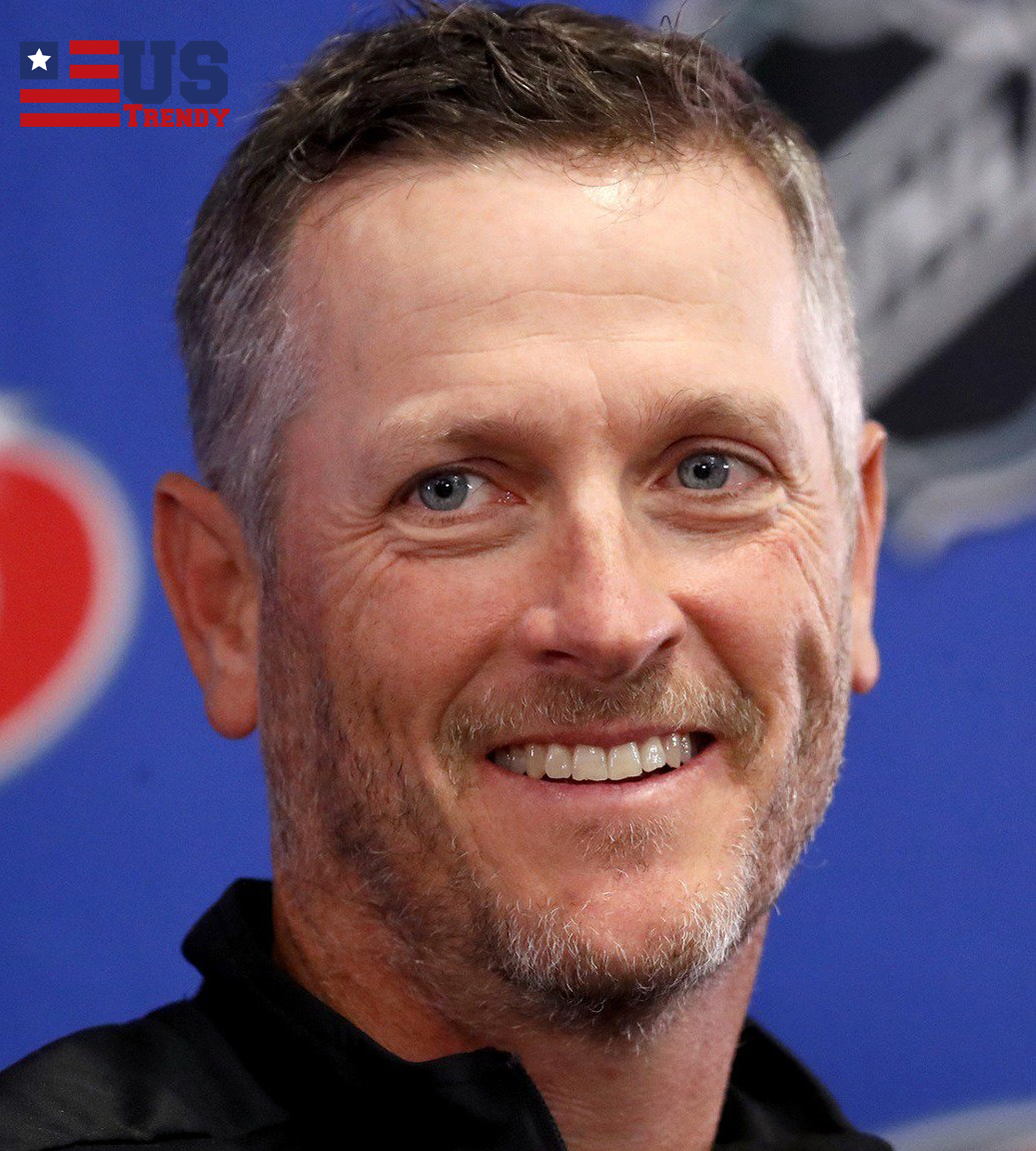
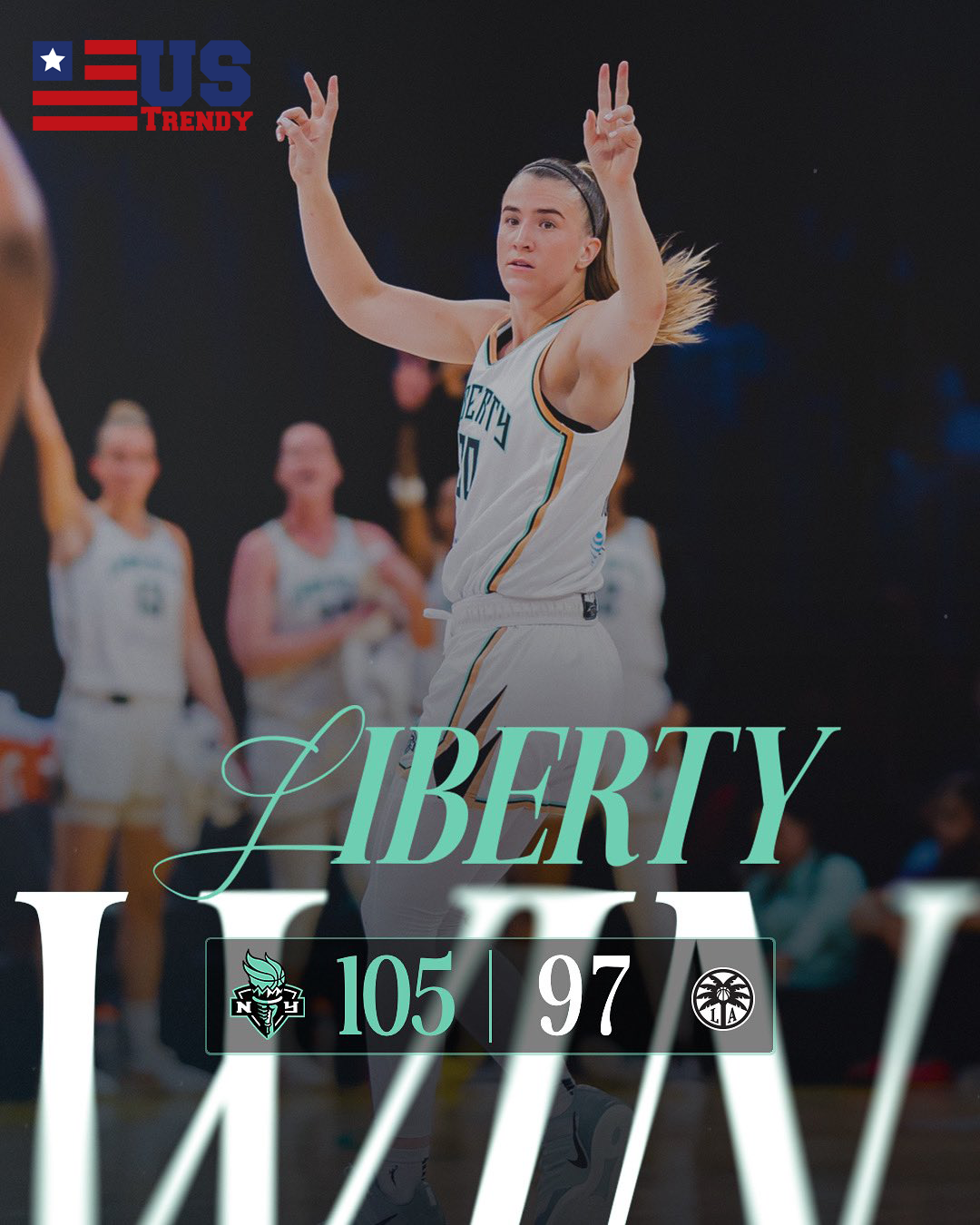
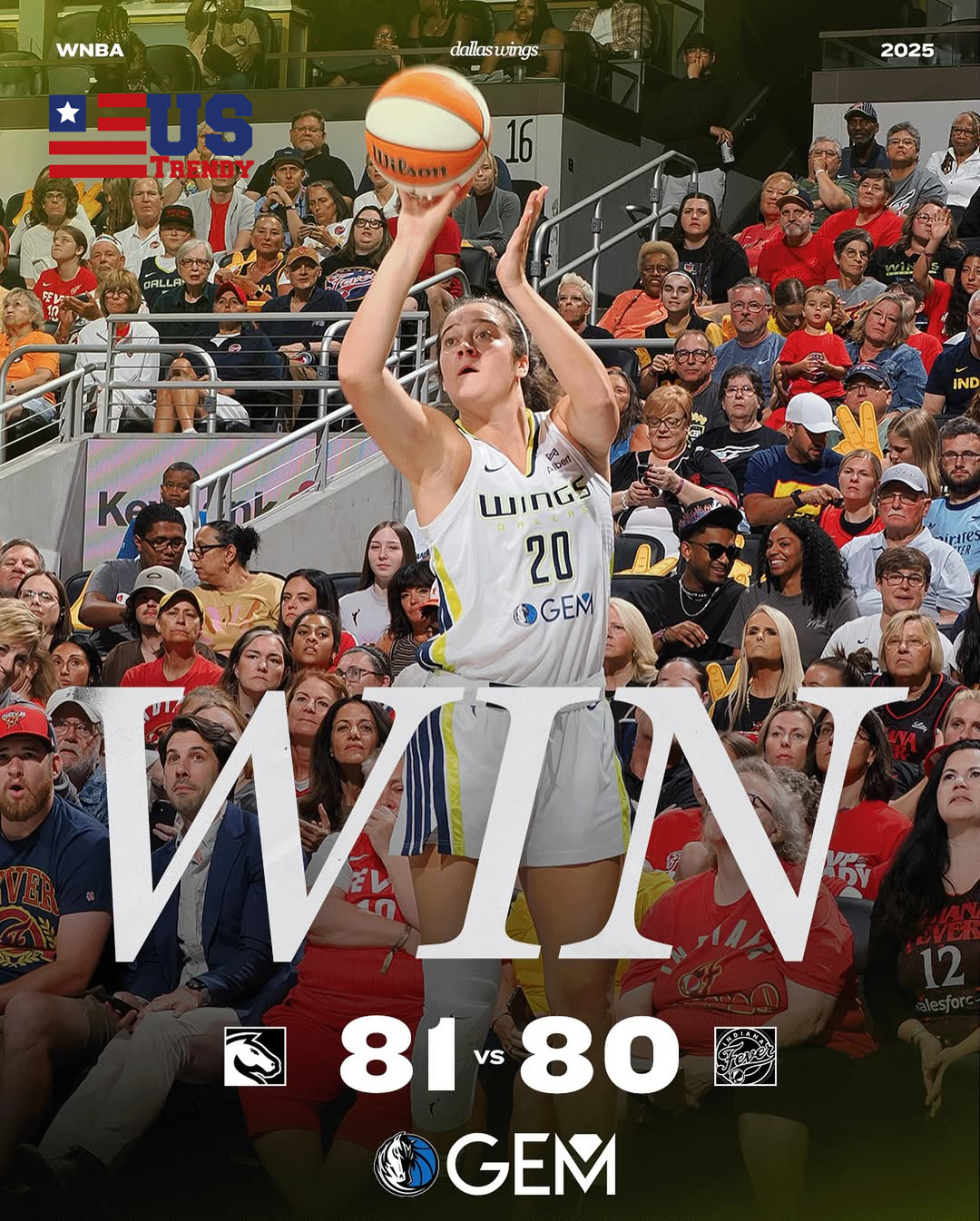
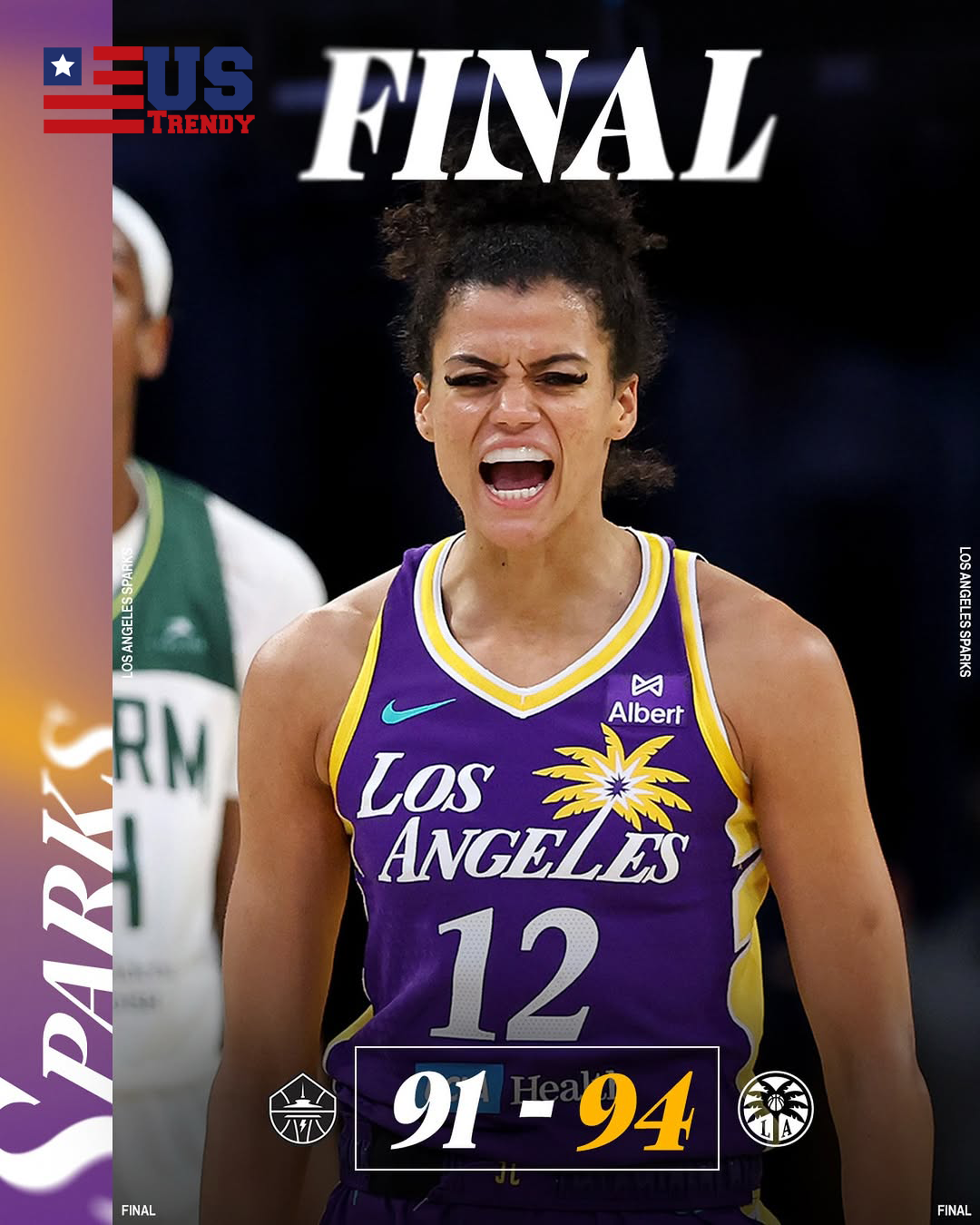
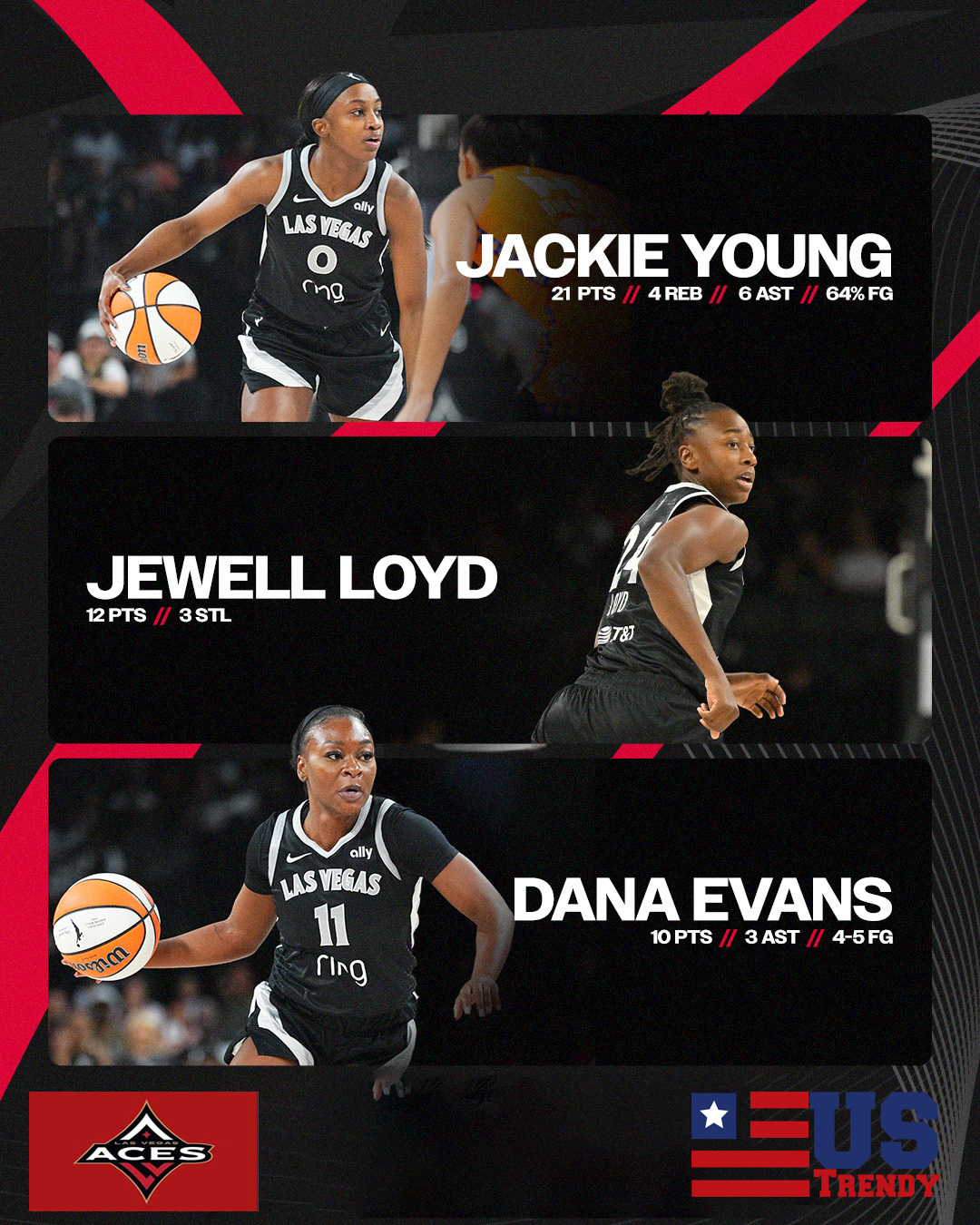
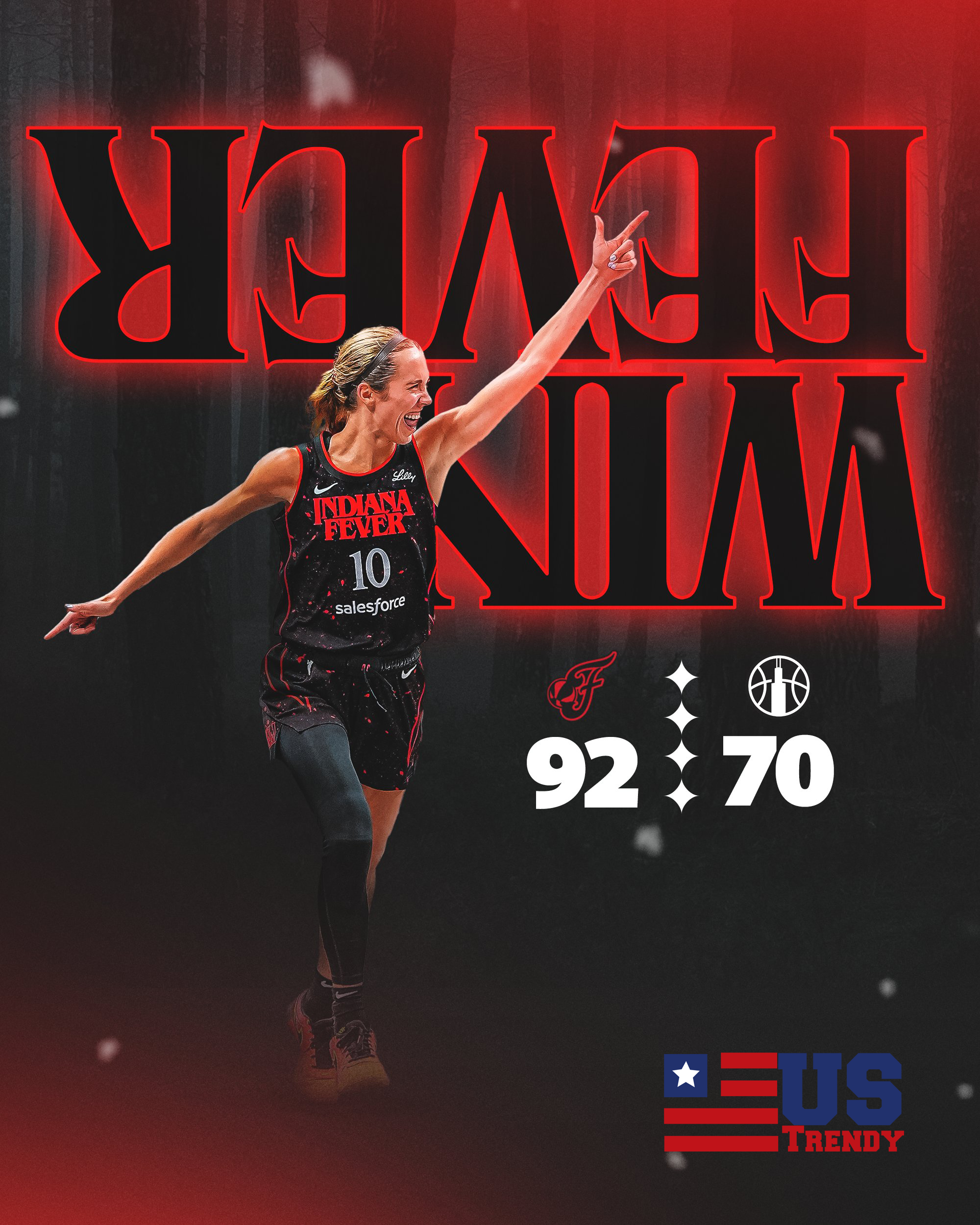
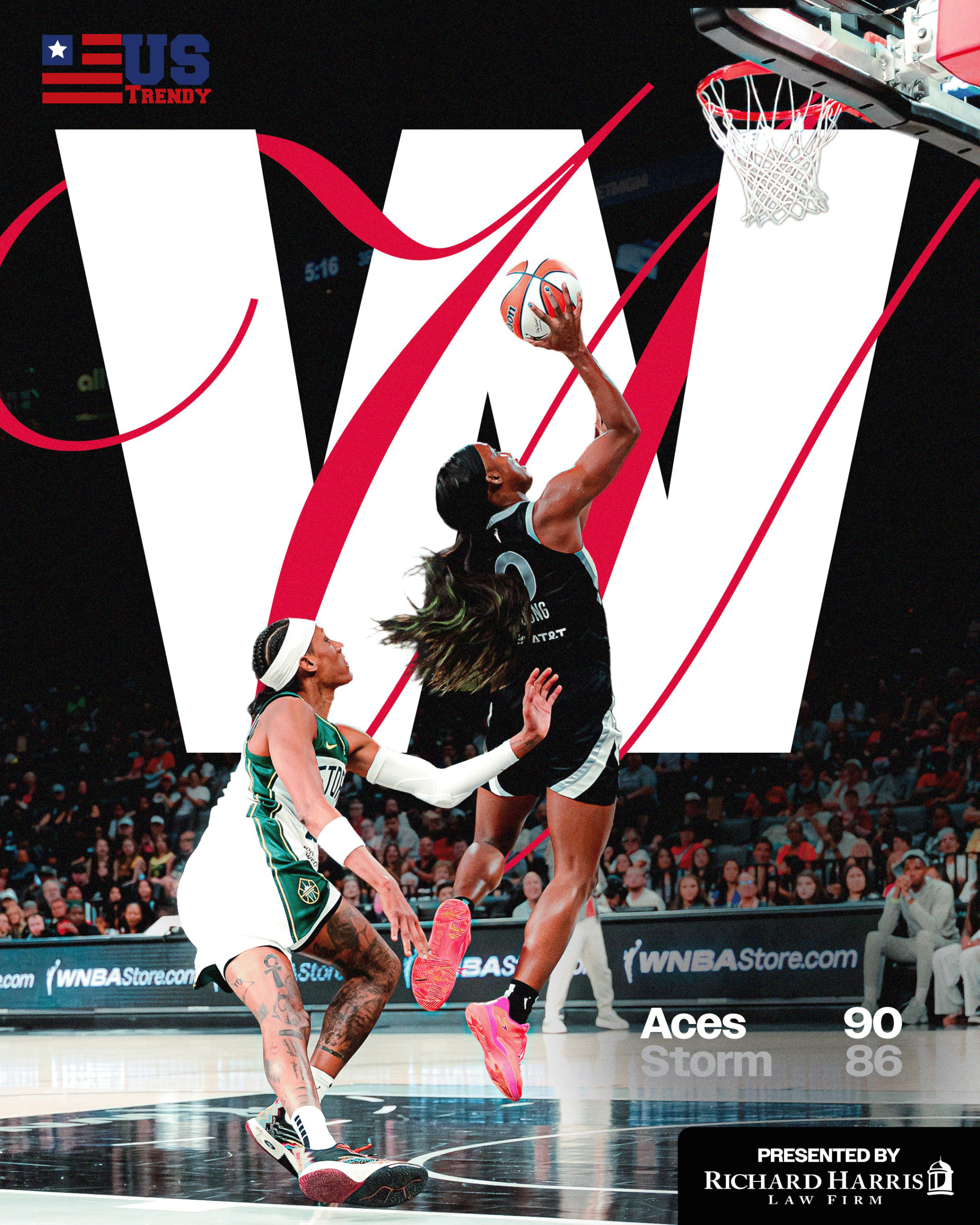
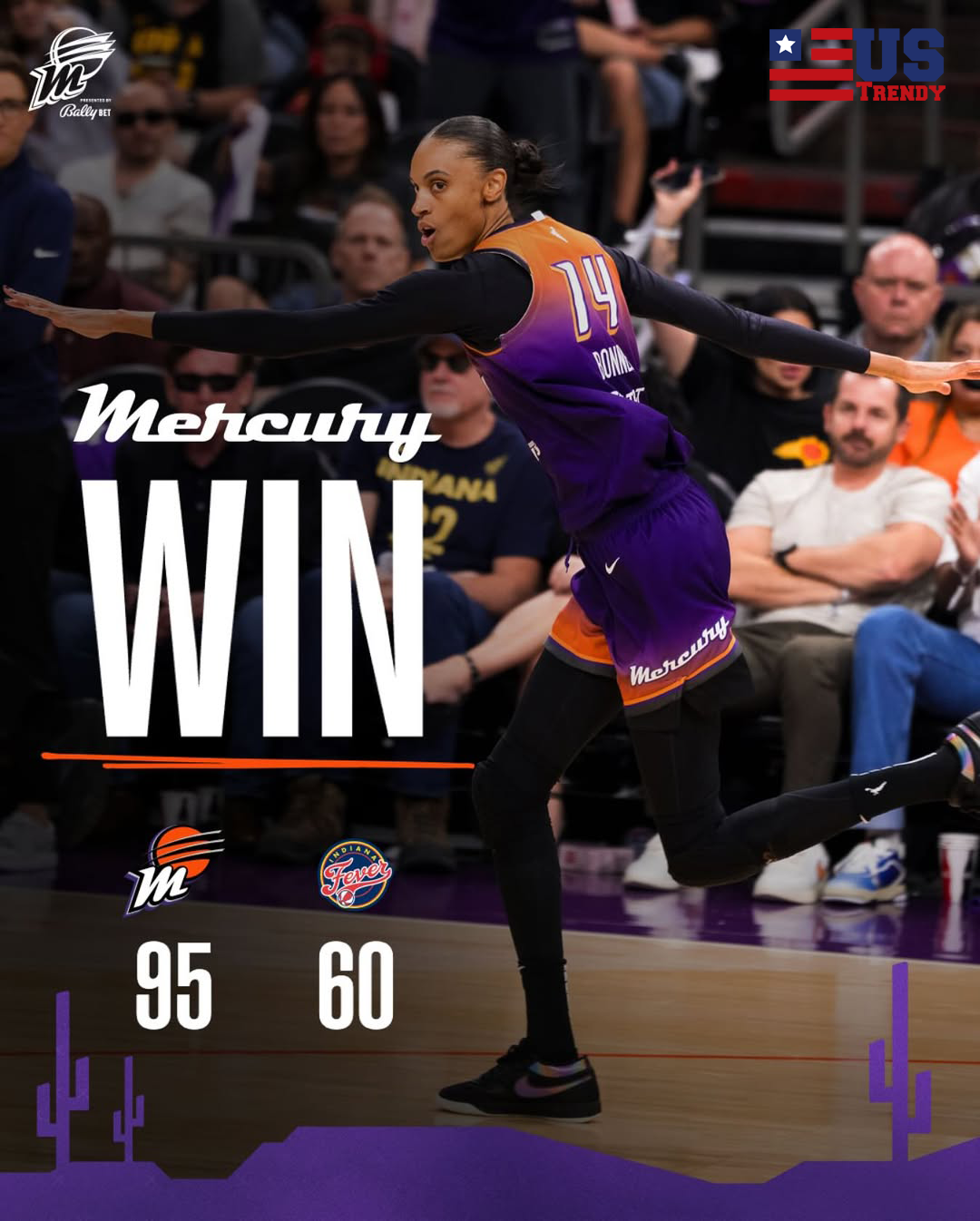
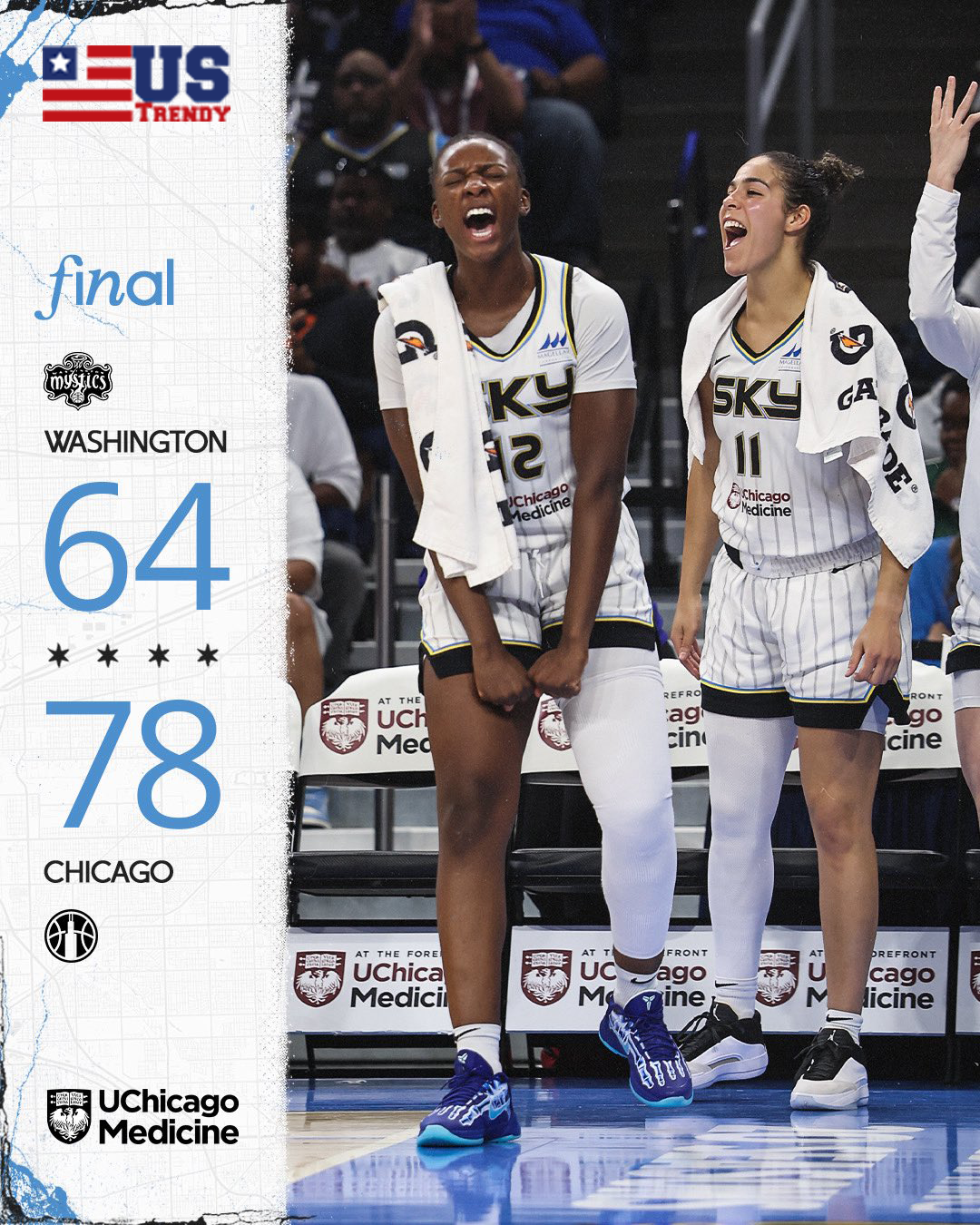
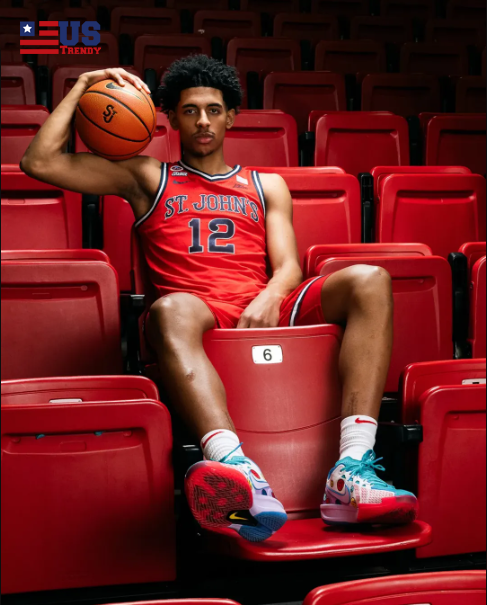
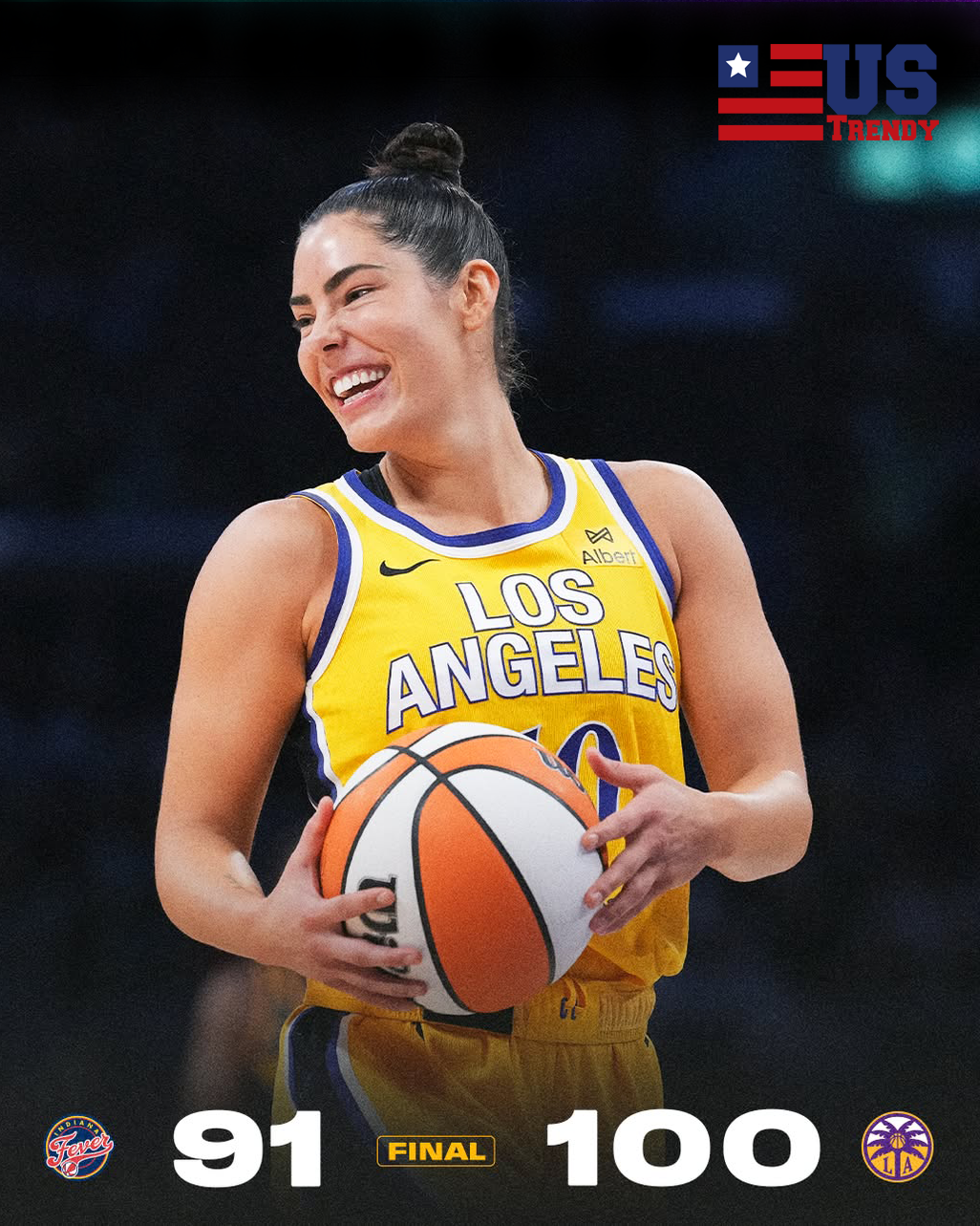

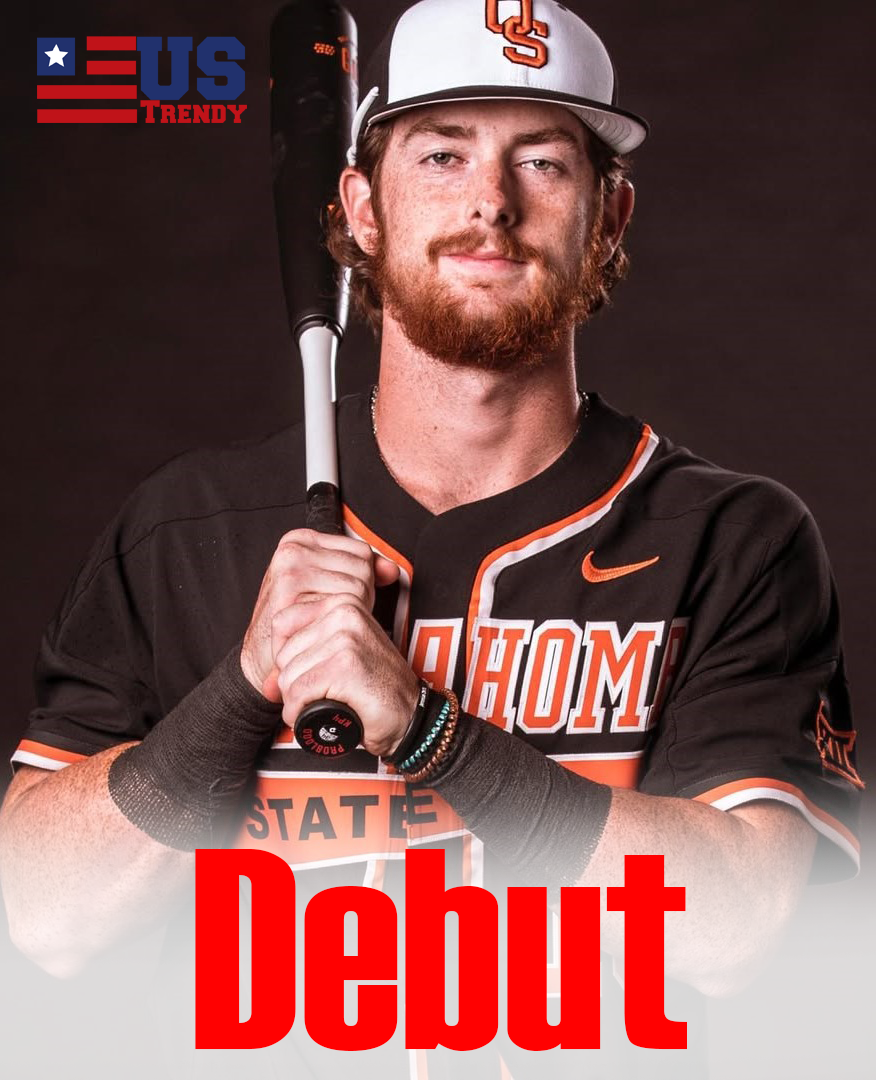
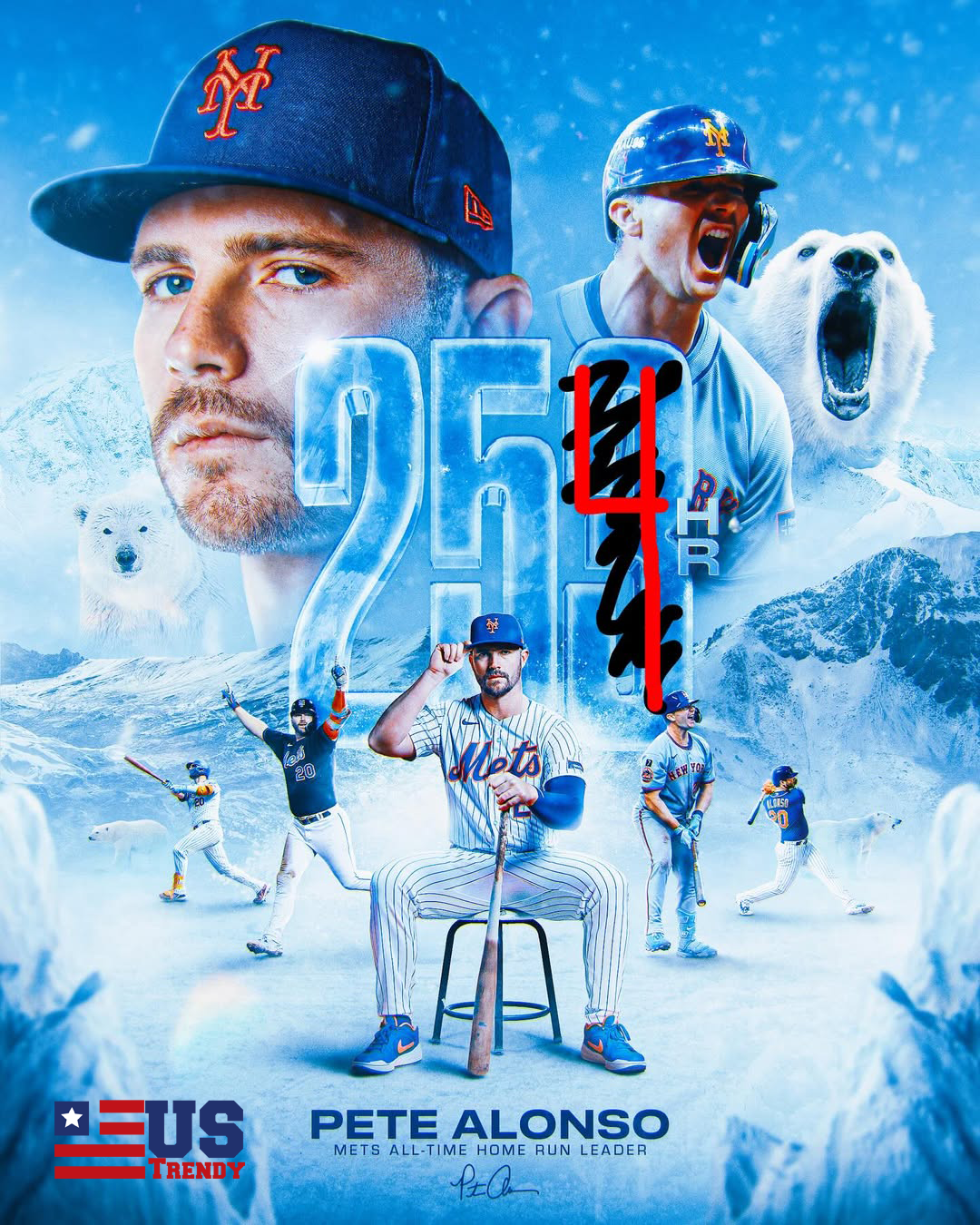
Leave a Reply